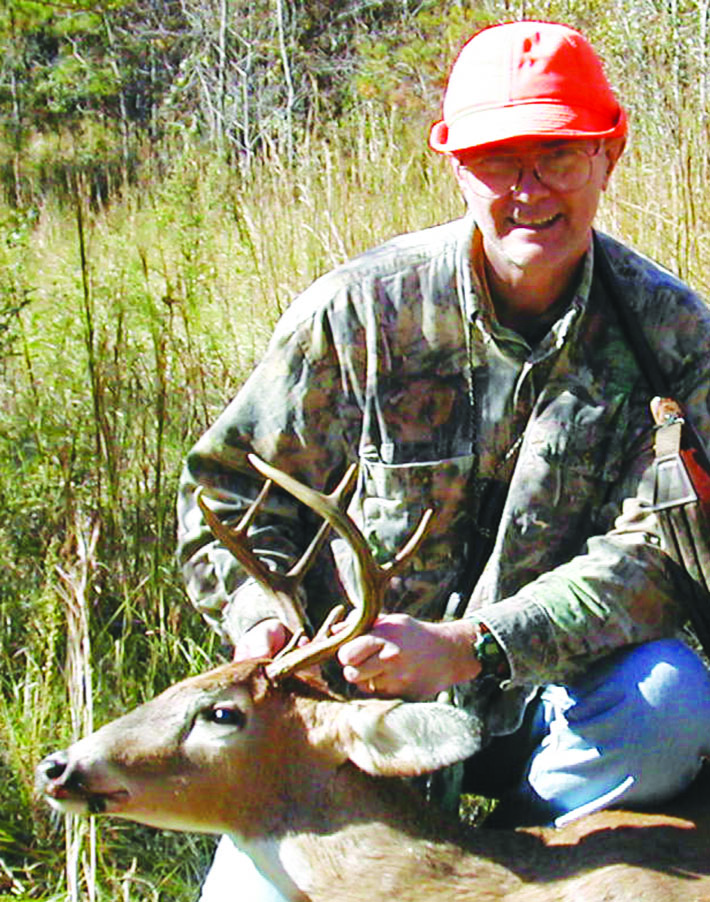CWD detected in Johnston County deer
Published 12:41 pm Tuesday, October 24, 2023
|
Getting your Trinity Audio player ready...
|
A 3 ½-year-old doe has become the 11th North Carolina deer to test positive for chronic wasting disease (CWD), this one a deer killed during archery season in Johnston County.
CWD is a highly transmissible, neurological disease that strikes white-tailed deer and other members of the cervidae family; it is always fatal.
Brad Howard, chief of the N.C. Wildlife Resources’ Wildlife Management Division, said Johnston County will join Primary Surveillance Areas in northwest North Carolina and the Sandhills, where rules and regulations aimed at curbing the spread of CWD will be implemented.
“Now more than ever we need the cooperation of sportsmen and sportswomen. We need to continue to test as many hunter-harvested deer as possible to determine the distribution of CWD in our state and how many deer are infected,” said Howard. “Johnston County will become a primary county. However, the realities of establishing rules and ensuring hunters are aware of the changes during an open hunting season are challenging, and so the rules will not change for this season for Johnston County.”
The commission will likely set up Primary and Secondary Surveillance Areas in counties around Johnston for the 2024-25 season, including changes in baiting rules and requirements for all deer killed in certain areas, during certain time frames, to be registered for CWD testing.
Deer have previously tested positive for CWD in Yadkin, Surrey, Stokes and Wilkes counties. CWD was first confirmed in March 2022 in a whitetail buck that was killed during the 2021-22 season in Yadkin County.
Help for
upland-game hunters
One area where the N.C. Wildlife Resources Commission has done a great job is connecting with sportsman across the state and trying to recruit new ones, attempting to buck a nationwide trend of dropping numbers of hunters and fishermen.
The commission has gotten involvement from hunters and increased its base of hunting data by offering avid grouse, quail and rabbit hunters to provide feedback on their hunting success and experiences each season. It helps biologists get a better idea of the state of different wildlife populations from the hunters who are putting boots on the ground for much of the season, and an annual summary report after the season gives hunters an idea of what their peers across the state are experiencing.
The commission is asking avid small-game hunters to participate in just such a survey by signing up at https://ncwildlife.az1.qualtrics.com/jfe/form/SV_en83f58KlFLhboh.
A second way the commission is connecting is with hunting and fishing workshops.
Small-game seasons
A handful of small-game seasons opened across North Carolina, including raccoon and opossum, gray, red and fox squirrel, rabbit, grouse and bobcat. With the exception of fox squirrels, all seasons will last through Feb. 29. The open season for fox squirrels lasts through Jan. 31.
There is no daily bag limit on opossum or bobcats. Hunters can take three raccoons per day, eight red or gray squirrels, one fox squirrel, five rabbits, three grouse.






